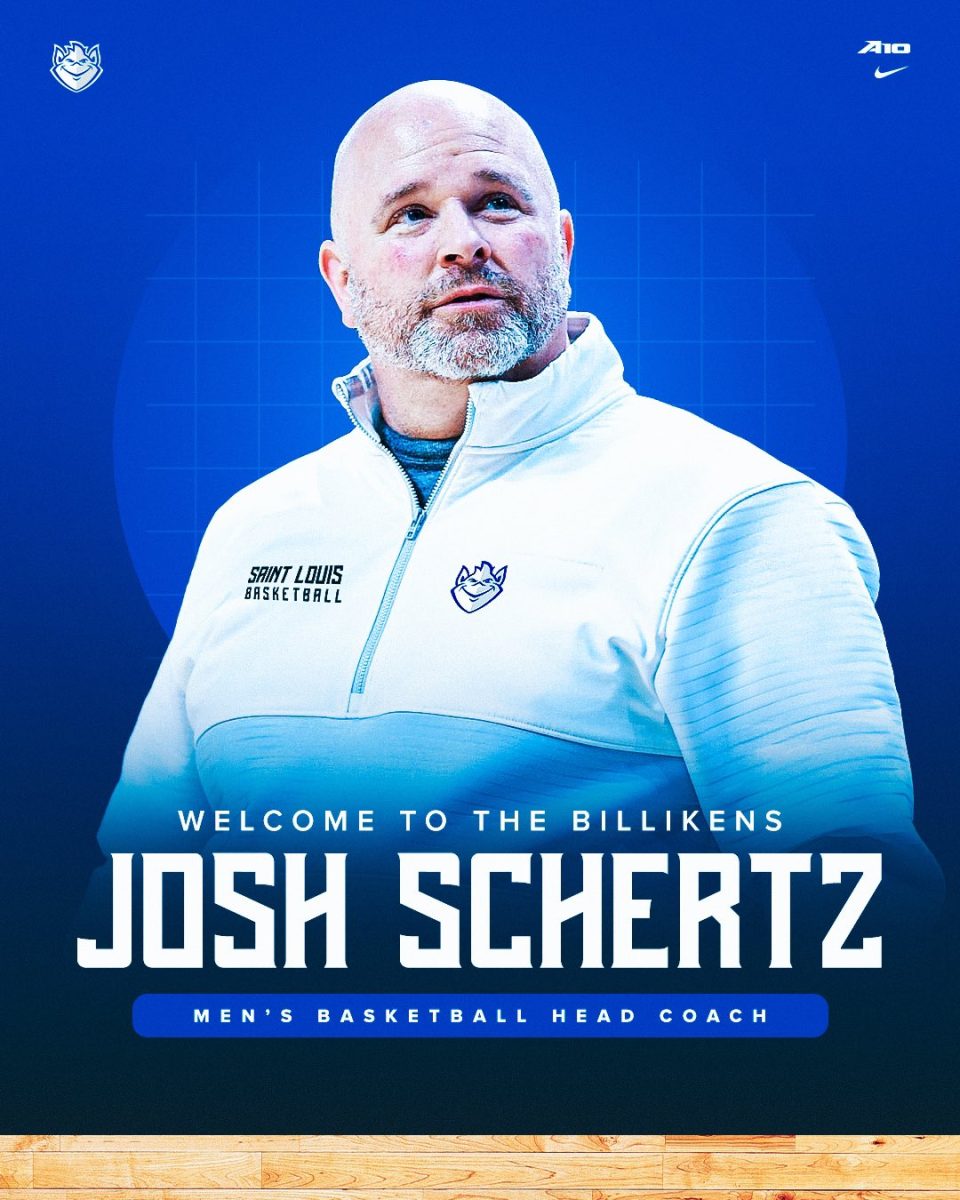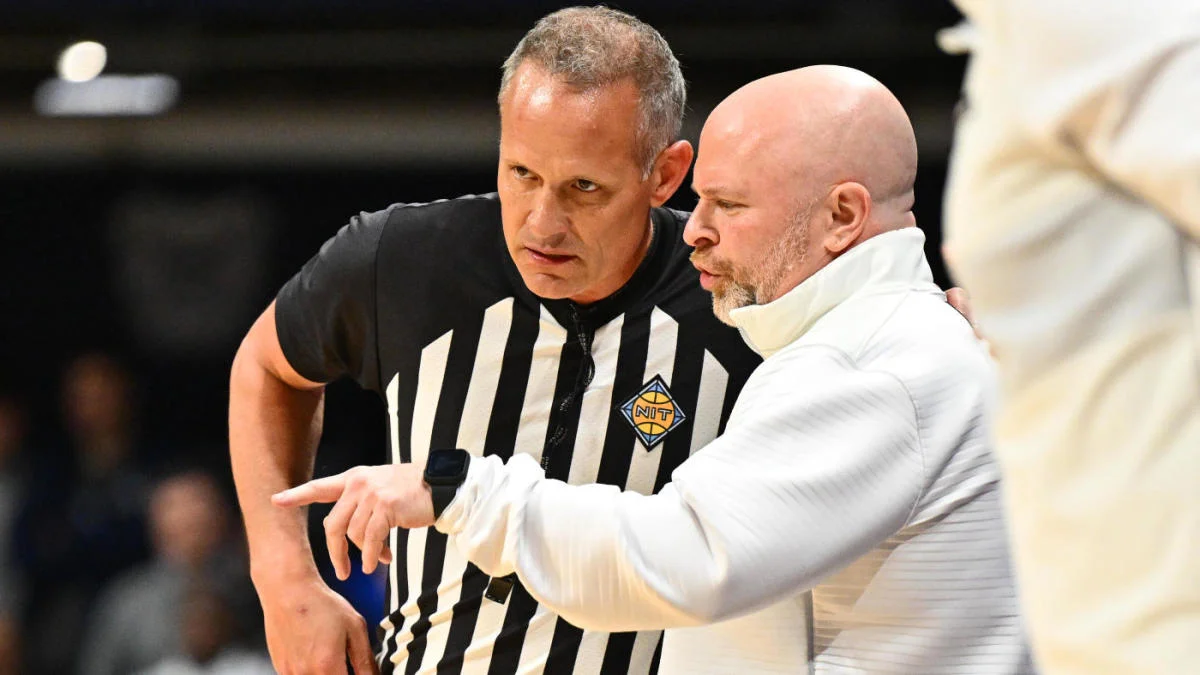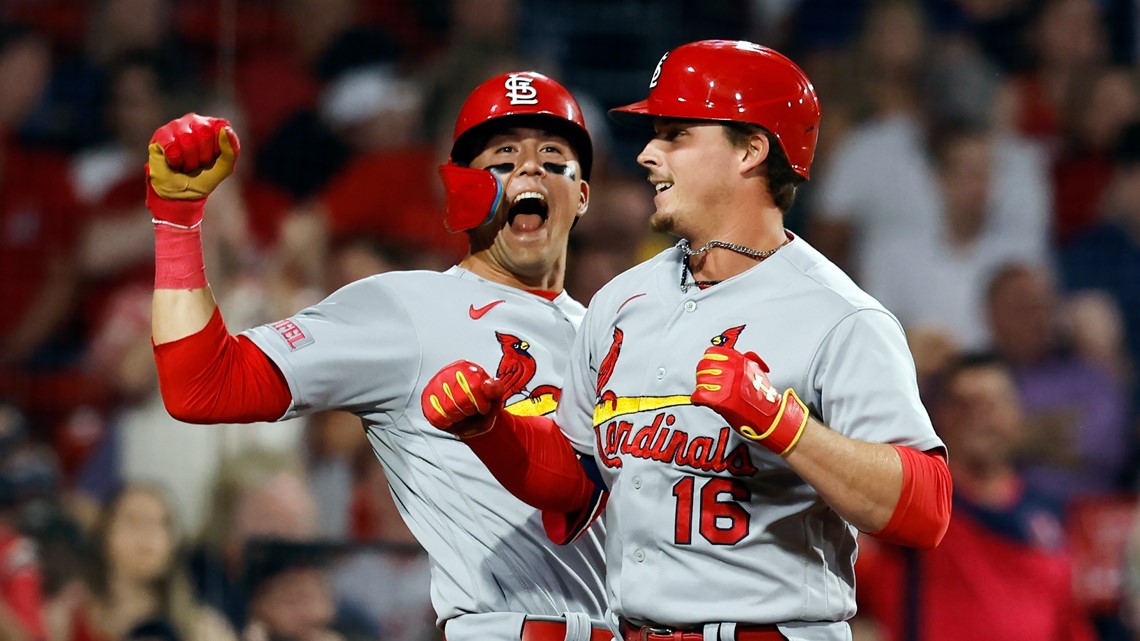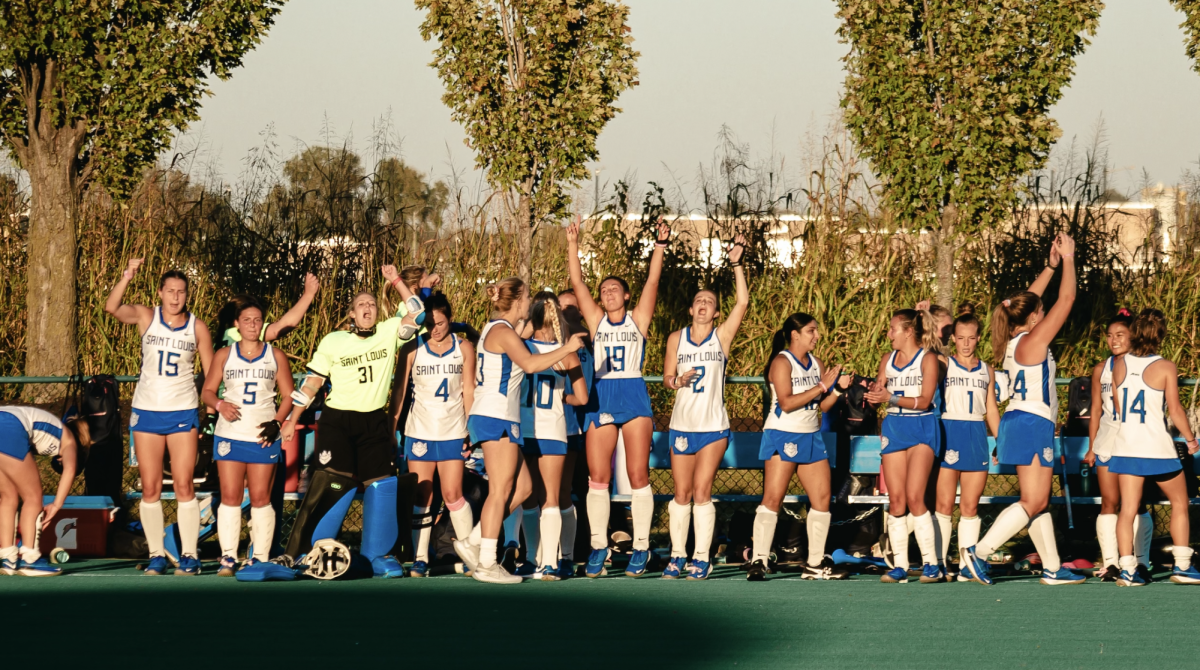I haven’t been a hockey fan since before I was born. Three
years, four months and 17 days before I was born to be exact, or
February 22, 1980.
It was a time of great social unrest. The United States and the
Soviet Union were in the middle of the Cold War. The economy was
falling in from all sides. Fifty-two U.S. hostages were being held
by Islamic students in Tehran after they overran the U.S. Embassy,
while back home gas prices were as high as the average “dead head.”
Robert DeNiro and Raging Bull were tops at the box office and all
you could hear on the radio was Billy Joel’s “Glass Houses” or some
crazy new thing called disco. Margaret Thatcher was just taking the
office of prime minister across the proverbial pond while Jimmy
Carter was on his way out of office over here, unbeknownst to him,
and the Russians invaded Afghanistan.
It is this final historical note that is the most significant to
our story and where the brand spanking new movie Miracle picks up,
because it was after the Soviet tanks crossed the Afghan borders
that President Carter threatened to boycott the Moscow Olympics
later that summer, which caused many to think that the Soviets
would retaliate by not attending the Winter Games in Lake Placid,
N.Y. But everyone’s fears were quelled (or heightened for some
people, like opposing players) when the Soviets, too cocky to miss
an opportunity to show up their vaunted enemy on the world stage,
decided to come anyway. They hadn’t lost a hockey game in more than
16 years, which included winning four gold medals. They were the
best, and they, along with the rest of the world, knew it.
And thus began the story that has come to be known “The Miracle
on Ice,” the obvious premise for the movie which partially shares
the title. Twenty college kids from Minnesota and Boston came
together under the guidance of the University of Minnesota hockey
coach Herb Brooks (played brilliantly by Kurt Russell, his best
acting since “Tango and Cash”), whose coarse coaching style was
matched in intensity only by his terse northern accent. But over
only a few months Brooks was able to mesh this team of young and
dumb college kids who were seemingly pulled from the sound stage of
Slap Shot into one flowing, cohesive team, who felt like they could
conquer the world. And they did. (Ironically, the cast who played
this band of no-name hockey phenoms, was equally unmemorable).
Things started off shaky, though, when they dropped their final
Olympic tune-up match to the Soviets, 10-3. And after a rocky start
to the first round the U.S.A. team, led by captain Mike Eruzione
and goalie Jimmy Craig, started feeling more like the weight of the
country had shifted from being squarely on their shoulders to
squarely behind them. The country cheered every goal Mark Johnson
scored, and with every assist Dave Christian registered, the morale
of the country seemed to strengthen. By the time the U.S.A. met the
Soviet Union in the semi finals (yeah, it was only the SEMIS!) the
talk about the team was near fever pitch; from Portland, Ore. to
Portland, Maine, the topic on everyone’s lips were the daunted
Soviets facing off against our boys. The country was ready for a
miracle and that’s just what they got. After falling behind 2-0
early, the U.S.A. defense, consisting of a bunch of 20-somethings,
stiffened like a bottle of scotch of roughly the same age and
started taking it to them. They played as if possessed and came
back to pull even.
After exchanging goals, bringing the score to 3-3 at the
beginning of the third period, Eruzione fulfilled the dreams of a
nation, unknotting the score with a laser halfway through the
period and making the crowd erupt. But most people alive back then
knew that half a period was half a period too much. Still, as every
second ticked away the anticipation grew and by the time Al
Michaels spouted the now-famous line “Do you believe in miracles?
Yes!” most of America was yelling so loud they couldn’t hear him
anyway.
It was amazing. These relatively unknown boy-next-door types had
just knocked off the mother of all Goliaths. This had been the game
of their lives–even before they stepped foot on the ice, and now
that they had won, it was the game of United States’ life. People
were pulling their cars over in the middle of highways, getting out
and screaming at passersby, chanting “U-S-A!” and honking their
horns. The country was ripe for a miracle and that’s just what they
got. Someone had knocked off the great Russian heavyweight, and
this was long before Rocky IV. Days later they went on to beat
Finland 4-2, again coming from behind.
Half of these guys never saw the ice again in a competitive
arena. Some work as account brokers and sales executives. Others
started businesses, and one even became an oral surgeon. The other
half kept playing hockey, with varying degrees of success. Heck,
that same year, defenseman Ken Morrow went on to sign with the New
York Islanders and win the Stanley Cup. The most successful was
Mike Ramsey, just 18 years old when he won the gold medal in 1980,
who went on to play in the National Hockey League for 17 years and
is now an assistant coach for the Buffalo Sabres. Eruzione, captain
of the team and hero of the nation, retired from hockey after those
Olympics. His jersey was retired after the Games; at his old high
school in Winthrop, Mass., just another gentle reminder that
miracles do come in the form of the boys that used to live next
door. Herb Brooks continued coaching for various college and
professional teams after the Games ended, but never with great
success. Sadly, Brooks died last summer in a car accident and never
saw his greatest accomplishment, and the greatest moment in the
history of the United States Olympics, realized on the big screen.
And maybe it takes a different kind of man to fully appreciate the
barbaric ballet called hockey, but I’m getting there.







